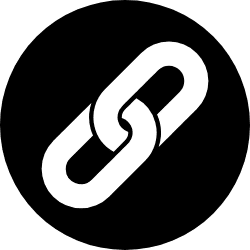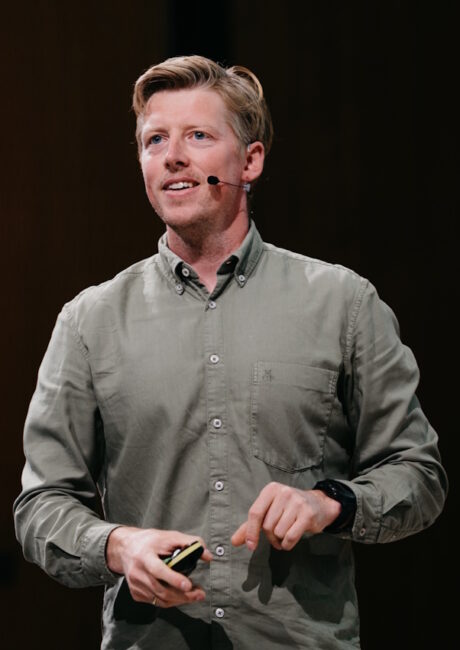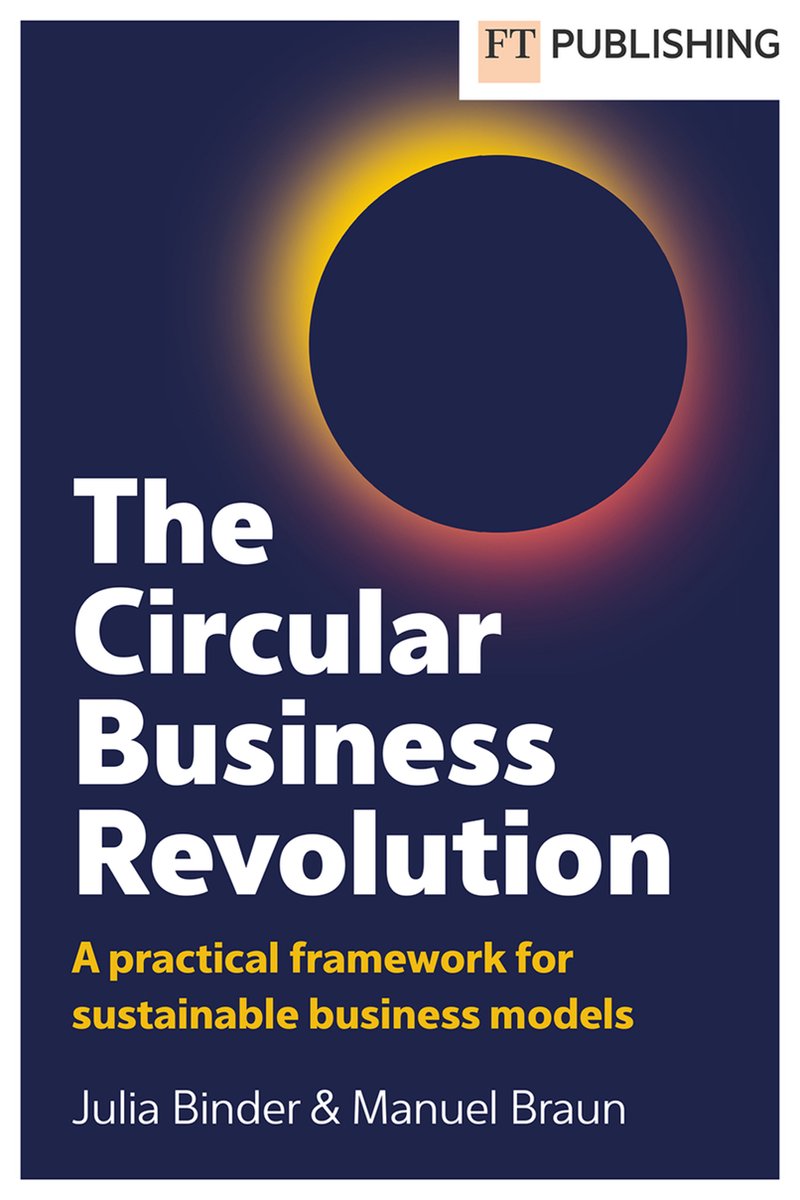About
Manuel Braun
Manuel Braun is author of the book “The Circular Business Revolution” – a practical guide to unlock the business case of sustainability and transform your business from a linear take-make-waste approach into one that is sustainable, circular, but also profitable, resilient, and competitive.
He is a thought leader at the interface of Artificial Intelligence and sustainability, providing guidance on the powerful opportunity (and risks) of AI in supporting climate action while boosting sustainable and inclusive economic growth.
Previously, Manuel spent eight years at McKinsey & Company, where he led product development and design projects across industries. Through this work, he developed a unique perspective on advancing transformation journeys that engage both hearts and minds to drive meaningful change.
After McKinsey, he played a leading role in building Systemiq Ltd, a global think tank focused on sustainable systems change. As an entrepreneur, he was part of the leadership team of the circular materials platform and led Systemiq’s work on sustainable and circular transformations internationally.
Manuel holds a PhD from the Technical University of Munich and is actively engaged in teaching and executive training programs across Europe (e.g. senior lecturer in the “Creating Value in the Circular Economy” course at IMD Lausanne). He is a leading expert in this domain and partners with pioneering companies and investors.
Manuel is a nature enthusiast in the professional realm and beyond. He is a passionate alpinist and loves to spend time with his family exploring the great outdoors whether on foot, mountain bike or ski.
1. Circular Business Revolution – Creating Sustainable Business Value
How to move from a linear ‘take-make-waste’ approach, towards one that is circular, resource productive, regenerative, and resilient in nature? A circular business revolution is needed to help firms decarbonize, dematerialize, and regenerate natural systems while unlocking economic value and supply chain resilience. A set of specific circular business model patterns allows you to create value in a circular economy. More than 100 real-world case studies serve as inspiration highlight emerging trends, new opportunities, and the pathway to sustainable change.
2. Green and Intelligent – The Role of AI in the Climate Transition
Is Artificial Intelligence (AI) a friend or a foe when it comes to the climate crisis? On one hand, AI holds immense potential to accelerate climate action while driving sustainable and inclusive economic growth. On the other, the environmental costs of AI—such as the growing carbon footprint of data centres—raise concerns about its long-term impact. Explore five ways of how AI can strengthen responses to climate threats. Dive into key applications across power, food, and mobility.
3. • Geopolitics x Sustainability – Strengthening Resilience in Critical Times
The market dynamics of strategically critical resources are dominated by uncertainty. Digitalization & AI, decarbonization & the energy transition, and defense are increasing demand for critical resources – but supply is faltering. Security risks and geopolitics are increasingly tied to these supply-demand imbalances and raw material dependencies (rare earths, energy imports, global chokepoints). The circular economy offers not just an environmental solution, but also a strategic buffer. How can circularity act as a strategic safeguard against geopolitical instability and resource scarcity. Building resilience, reducing dependency, and unlocking new opportunities for innovation.
4. Systemic Change – From Linear to Circular Systems that Tackle the Planetary Crisis
Why is systemic change essential to addressing today’s planetary crisis? The pathway to sustainability is narrowing rapidly, and the window to act is closing. The urgent question is not if, but how to achieve global sustainable resource use now. We need to focus on provisioning systems—shifting from cars to mobility, from meat to healthy food, and so on — powered by a renewable energy system. But how to transform consumption patterns and production systems hand in hand?
5. Natural Capital and Ecosystem Services – Integrating Nature into Business
How can businesses integrate natural capital and ecosystem services into their core strategies? Our economy depends 100% on nature, but we don’t value nature’s services (clean air, pollination, pure water, etc.). By valuing and managing natural resources, companies can reduce risks, comply with regulations, and unlock sustainable growth opportunities. Embracing natural capital transforms environmental challenges into strategic assets for business success and a sustainable future.







